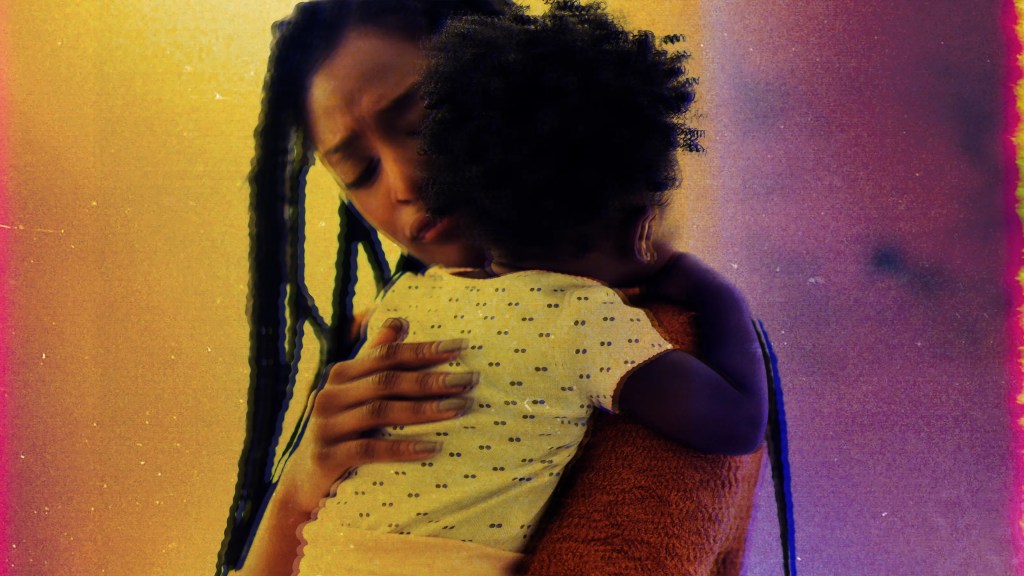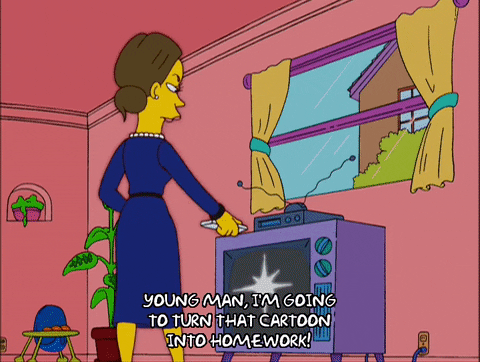The hardest part of the pandemic for me has been tolerating the deep sorrow that accompanies illness and mortality while simultaneously protecting my children from this very feeling within myself.
Although I am one of the lucky parents – I did not contract COVID and was vaccinated in early 2020 – there was illness and death all around me. The first months of the pandemic were hard — my uncle, who I grew up adoring (and feeling adored by) died suddenly from COVID. I remember one day in early April 2020 my mother called to tell me that he was feeling ill. Three days later he died in a nearby hospital. Luckily, his doctor was a family friend and allowed my aunt (his wife of fifty-five years) to be by his side as he took his last labored breath.
My heart felt broken.
Days later my family gathered on Zoom for his funeral and shiva. I sat in my own home, on our family couch. I was surrounded by my husband and my two boys, my youngest, sitting on my lap, wrapping his little fingers inside my palm. And, even though there were familiar faces and voices on my screen – my cousins, aunts, parents, and sibling – I felt very alone in my grief. So many parts of these rituals were missing – hugs with my family, communal vibrations of song that soothe when many voices join together in a single space, and of course, the presence of my family elders ushering us (the younger generation) through loss.
All of a sudden everything and everyone around me felt fragile and I could no longer take anything for granted. I stayed awake at night wondering how I would raise our two young boys if my husband (a physician who treated COVID patients) became ill and died? And what would happen to my dear boys if I died?
Without a government that took the pandemic seriously, how would I keep my boys safe even if I did manage to survive? And, in my most terrifying moments, the only thing I could think about was how George Floyd’s last words spoke every boy’s deepest source of security – “mama.”
It is misleading to say that the pandemic is solely responsible for the slow tear that pervaded my veil of security. In the months prior to the emergence of COVID in the US, my life had already been uprooted by illness. In fact, I spent most of the fall of 2019 caring for important people in my life who were ill. In October of 2019, I stayed with a close friend and helped with her two daughters as she endured treatment for stage IV lung cancer. And then, in the final days of 2019, my father was diagnosed with Leukemia and I underwent surgery, donating my bone marrow to him to increase his chances of survival.
By the time the pandemic hit, I was exhausted and needed time for reflection. In a normal year I would have used the spring to sort out the feelings that came with the previous fall. On my hours off from work and while my kids were at school, I would have enjoyed visits with my dad and taken long runs by the river. I would have met friends for tea and shared my experience, emerging from the interaction feeling grounded and full. Now, my whole world shrunk down to the few rooms of my home – with my kids at home for school and my husband working at the hospital I could no longer leave the house to hold my dad’s hand nor to go running by myself. Suddenly, it was no longer safe to meet friends in person and as a therapist I often did not want to set up one more Zoom session even if it was for the purpose of talking to friends. I found myself crying in the shower so that no one would hear me, especially my children.
As a daughter of a severely depressed mother, I have worked hard to hide my sorrow from my children. I don’t mean I never let them see me sad or upset. Rather, I’ve tried hard to protect them from the deep sorrow many daughters of depressed mothers inherit – the feeling that we are undeserving of goodness and are responsible to make our mothers better so that we may have the goodness we see others enjoy. Over the years, I’ve buoyed myself with my professional work and beautiful experiences that remind me I am worthy of joy (such as fun family vacations). And, I’ve healed the broken part of me through many deep relationships – my therapist, mentors, friends, and especially my husband who understand this part of me and support my many endeavors to live fully, with strength and joy. Together, we have been able to give our boys the things that my mother could not give me – a deep sense of hope, agency in the world, and freedom to be children. Now, without my traditional ways of recuperating – usually out of my children’s sight – how would I manage not to slip into my own depression? How would I protect them from my own fears and sorrow – stirred by so much illness and death (not to mention protect them from very real threat of COVID)?
I wish I could say that over the last 15 months I rallied by establishing a daily practice of yoga, baking bread, and used the extra time at home to “Marie Kondo” my closets (as I witnessed so many others do in the many articles I read online at 3 am). But, I did not. My children are still home for remote school and they are unvaccinated. I had to find ways to allow myself to feel what I was feeling. And I did. I found a way to stay close to the rhythms of my sorrow and move through them, this time along side my children rather than outside their view.
Over this pandemic time of sadness, I have come to realize that I do not have to hide my sorrow from my children in order to protect them. In fact, I have recognized that in order to prepare them for life as it really is, I have to allow them to know about sorrow and sadness. And I have decided that we can now talk, as a family, about how some parts of life are naturally hard and sad and that giving ourselves care and comfort in these hard times is essential.
Before it was safe to have a babysitter, I would run around the baseball field, tracking my miles, while my boys played catch and cheered me on to run one more lap. Now, both of my boys look forward to beginning the week when they have “extra movie time,” while I meet with my therapist online. They know that I often need to cry when I learn that their grandpa was re-admitted to the hospital and they see me moving through the pain by baking him his favorite date-nut bread for when he returns home. Additionally, they accompany me on visits with my friends in the park, developing their own loving relationships with them.
I am still tired. I still look forward to the time when my kids can return to school. I need more time to myself and they need to feel independent and have time with their teachers and friends. In the meantime, I am doing the unthinkable – I am healing myself along side my children. Without burdening them with my sorrow, I have let them see how I find my resiliency in the face of hardship. I am hopeful we will all emerge stronger and my boys, if they ever lose their own sense of inner strength, will know they can always find their way back.










